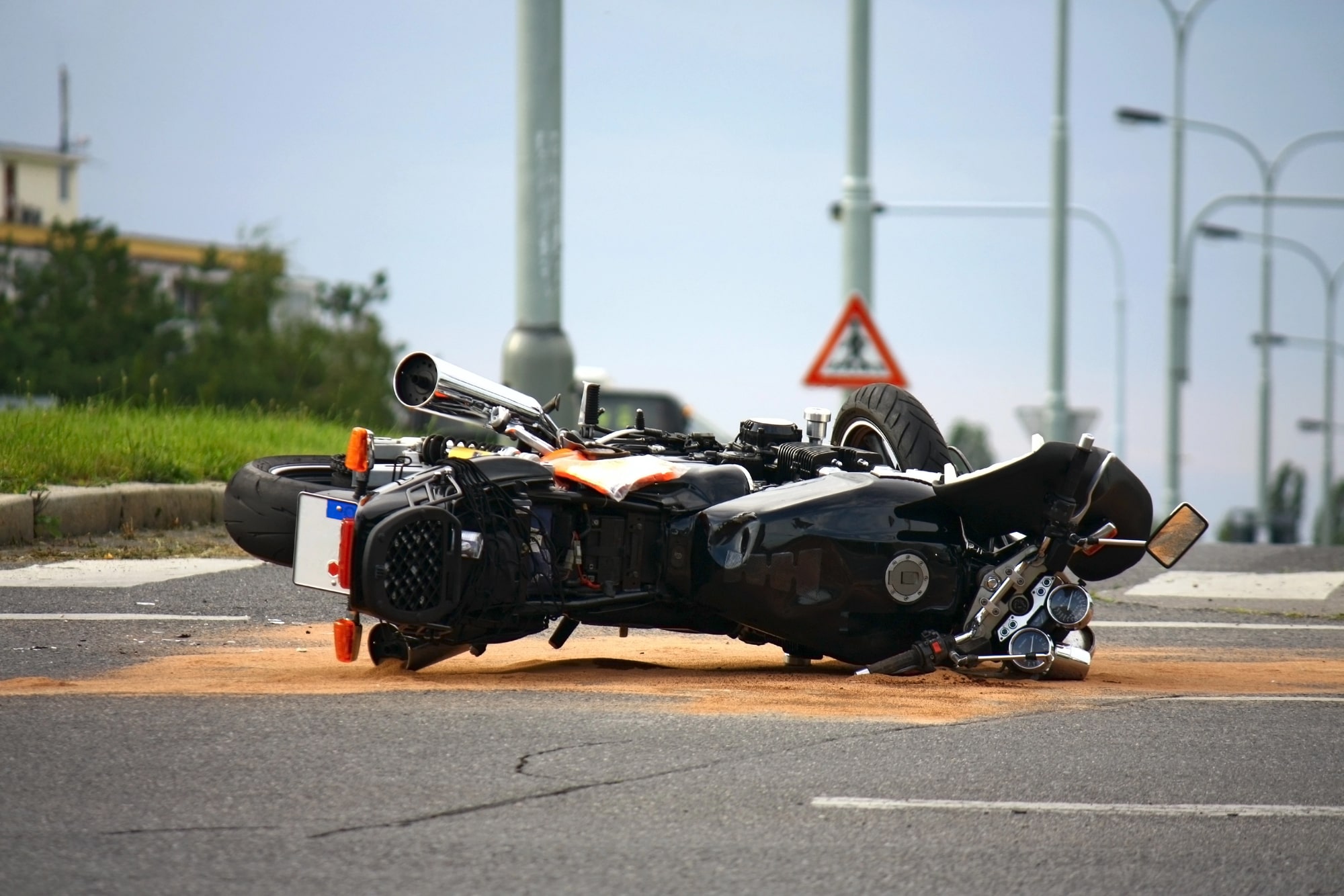Posted in Uncategorized

Motorcycle crashes happen fast, often with serious consequences. Whether you’re riding to work or enjoying a weekend ride, being involved in a collision can be overwhelming. In those early moments and the days that follow, what we do—or don’t do—can directly impact both our well-being and our ability to recover financial damages. If you or someone you know has been involved in an accident, knowing these steps can protect both your health and your rights.
Our friends at Kiefer & Kiefer discuss the critical first actions riders should take after a motorcycle accident to avoid jeopardizing their physical recovery and legal case. Acting quickly and thoughtfully can make a real difference in the outcome of any injury claim.
Get Medical Attention Right Away
After a motorcycle crash, the first thing we need to do is assess injuries. Even if we think we feel okay, adrenaline can hide symptoms of internal injuries or concussions. A medical exam provides documentation that can later support any legal or insurance claims. Delaying treatment may not only worsen the condition, but also make it harder to connect the injuries to the crash. Whether emergency responders are at the scene or we go to urgent care ourselves, prompt care should be our top priority.
Call Law Enforcement To The Scene
It’s important to contact the police and file a report. Officers can take statements, document conditions, and create an official record of the crash. This report often becomes valuable evidence in the claims process. We should never agree to just exchange information and move on, even in minor crashes. The other party may later deny what happened, and without a report, our word may not be enough to support our side.
Document The Scene As Thoroughly As Possible
While we’re waiting for help to arrive—or if we’re able after receiving medical care—we should take photos and videos of the scene. This includes vehicle positions, road conditions, damage, skid marks, injuries, traffic signs, and anything else that could help later. Gathering names and contact details of any witnesses can also be very helpful. Even small details can strengthen a legal claim if there’s a dispute about what happened.
Avoid Admitting Fault Or Giving Recorded Statements
After an accident, it’s natural to feel confused or want to apologize. But we should be careful about what we say. Even a simple “I didn’t see you” can be used against us later. When speaking with insurance adjusters, we should avoid recorded statements until we’ve spoken with someone who understands motorcycle crash cases. Insurance companies may try to get us to say something that limits what they owe.
Report The Crash To Your Insurance Company
Once we’ve gotten medical attention and contacted the police, it’s important to notify our insurance provider. Most policies require that we report any collision in a timely manner. Providing basic facts is fine, but we should avoid discussing fault or details until we’ve received legal advice. Remember, insurance adjusters represent the company’s interests—not ours.
Keep Records Of Medical Care And Expenses
Staying organized after the accident is key. We should hold onto all medical bills, receipts, prescriptions, and records of time missed from work. These details matter when it’s time to calculate damages for pain and suffering, lost wages, and ongoing treatment. A well-documented file can make a major difference if we decide to pursue legal action.
Speak With A Motorcycle Accident Lawyer Early In The Process
We recommend reaching out to a motorcycle accident lawyer soon after the incident. They can help evaluate whether we have a valid claim and how best to move forward. Waiting too long can make it harder to gather evidence, deal with insurance companies, or meet legal deadlines. An early consultation doesn’t commit us to a lawsuit, but it does give us more control over our options.
After a motorcycle crash, it’s hard to think clearly. But these first steps can protect us from costly mistakes. By taking action quickly—getting medical care, documenting the scene, and speaking with a personal injury lawyer—we can give ourselves the best chance at both physical and financial recovery. Whether we decide to pursue a claim or not, knowing our rights puts us in a stronger position to make informed choices.
